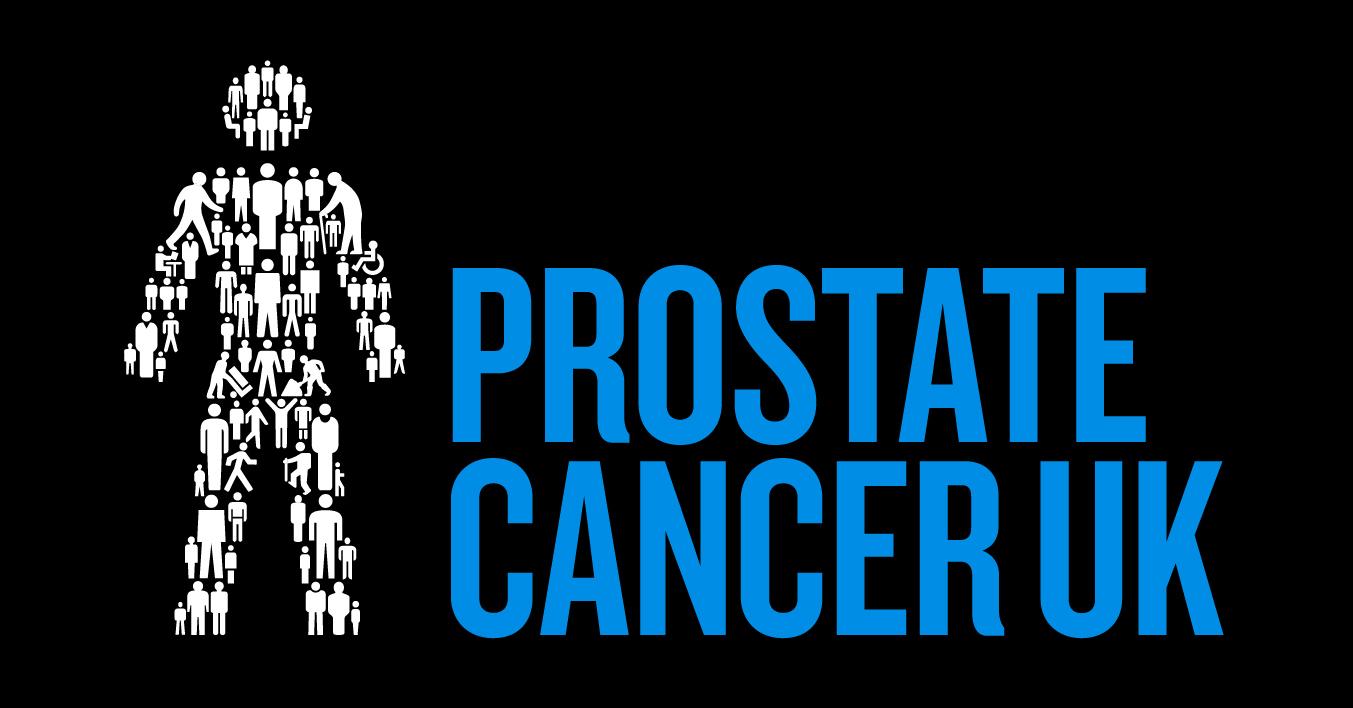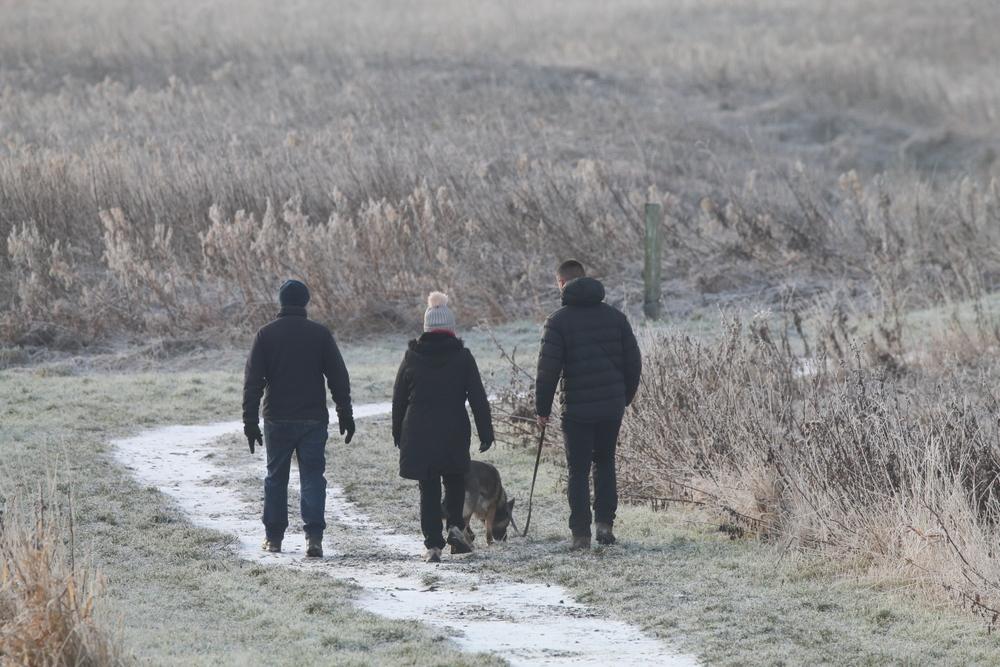Movember: Signs & Symptoms Of Prostate Cancer
Cancer / Men's HealthMost men with early prostate cancer don’t have any signs or symptoms. That’s why it’s important to know about your risk. If you do notice changes in the way you urinate, this is more likely to be a sign of a very common non-cancerous problem called an enlarged prostate, or another health problem. But it’s still a good idea to get it checked out. Possible symptoms include:
- difficulty starting to urinate or emptying your bladder
- a weak flow when you urinate
- a feeling that your bladder hasn’t emptied properly
- dribbling urine after you finish urinating
- needing to urinate more often than usual, especially at night
- a sudden need to urinate – you may sometimes leak urine before you get to the toilet.
Men with early prostate cancer will often have no symptoms because of the way the cancer grows. You’ll usually only get early symptoms if the cancer grows near the tube you urinate through (the urethra) and presses against it, changing the way you urinate (wee). But because prostate cancer usually starts to grow in a different part (usually the outer part) of the prostate, early prostate cancer doesn’t often press on the urethra and cause symptoms.
If prostate cancer breaks out of the prostate (locally advanced prostate cancer) or spreads to other parts of the body (advanced prostate cancer), it can cause other symptoms, including:
- back pain, hip pain or pelvis pain
- problems getting or keeping an erection
- blood in the urine or semen
- unexplained weight loss.
These symptoms can all be caused by other health problems. But it’s still a good idea to tell your GP about any symptoms so they can find out what’s causing them and make sure you get the right treatment, if you need it.
How do you know if you have prostate cancer?
There’s no way of knowing if you have prostate cancer without visiting your doctor, as most men with early prostate cancer don’t have any symptoms. If you do have symptoms they can be caused by other things. And you can’t check for prostate cancer yourself.
There are some things that may mean you're more likely to get prostate cancer. You might hear these described as prostate cancer risk factors. Even if you don't have any of the symptoms that we talk about above, you may want to speak to your GP about prostate cancer if:
- you are aged 50 or over
- your father or brother has had prostate cancer
- you are black
Your GP can give you more information or tests if necessary. If you’re not sure about what to say to your GP, print and fill out this form and show it to them. This will help you have the conversation.
What tests are done to find out if you have prostate cancer?
Tests can find out whether you might have prostate cancer or another prostate problem, such as an enlarged prostate or prostatitis. You might hear these tests called a prostate check up or prostate exam.
What tests are done at the GP surgery?
There is no single test to diagnose prostate cancer. There are a few tests that your GP can do to find out if you have a prostate problem. The main tests include:
- a urine test to rule out a urine infection
- a prostate specific antigen (PSA) blood test
- a digital rectal examination (DRE)
Before you have these tests, your GP should explain what they involve and talk you through the advantages and disadvantages of each test. They can help you understand more about prostate cancer and your own risk of getting it. It’s up to you whether you have the tests, so make sure you’ve got all the information you need, and give yourself time to think it through.
After you've had the tests, your GP will talk to you about all your test results and what they might mean. If they think you may have a prostate problem, they will make an appointment for you to see a specialist at the hospital. If they think you could have prostate cancer, you will usually see the specialist within two weeks.
Your GP may also give you a printed summary explaining what will happen when you go to hospital. We have a version for patients in England, as well as Scotland, that can be used as a reminder for yourself or those supporting you.
What tests are done at the hospital?
At the hospital you will see a specialist, who will usually be a doctor who specialises in the urinary and male reproductive system (urologist) or a specialist nurse. You may have another PSA test or DRE.
The specialist will look at your:
- PSA level
- DRE results
- risk of prostate cancer
- general health.
They might recommend another PSA test at your GP surgery in the future. Or they might recommend further tests, including:
- an MRI (magnetic resonance imaging) scan
- a prostate biopsy
- a CT (computerised tomography) scan
- a bone scan - with or without X-rays.
You might also have a urine flow test and an ultrasound scan of your bladder. These are usually done to check for an enlarged prostate.
If you have a very high PSA level (for example, in the hundreds or thousands), you may have prostate cancer that has spread outside the prostate. So you might not need a biopsy. Instead, you may have a scan to show if there is cancer and see how far it has spread.
In some hospitals you might have a special type of MRI scan, called a multi-parametric MRI (mpMRI) scan, before having a biopsy. This can help your doctor see if there is any cancer inside your prostate, and how quickly any cancer is likely to grow. In other hospitals you may have a biopsy first.
If you’re worried about these tests or would like more information, speak to your doctor or nurse. Or you can speak to the Prostate Cancer UK Specialist Nurses.



































































